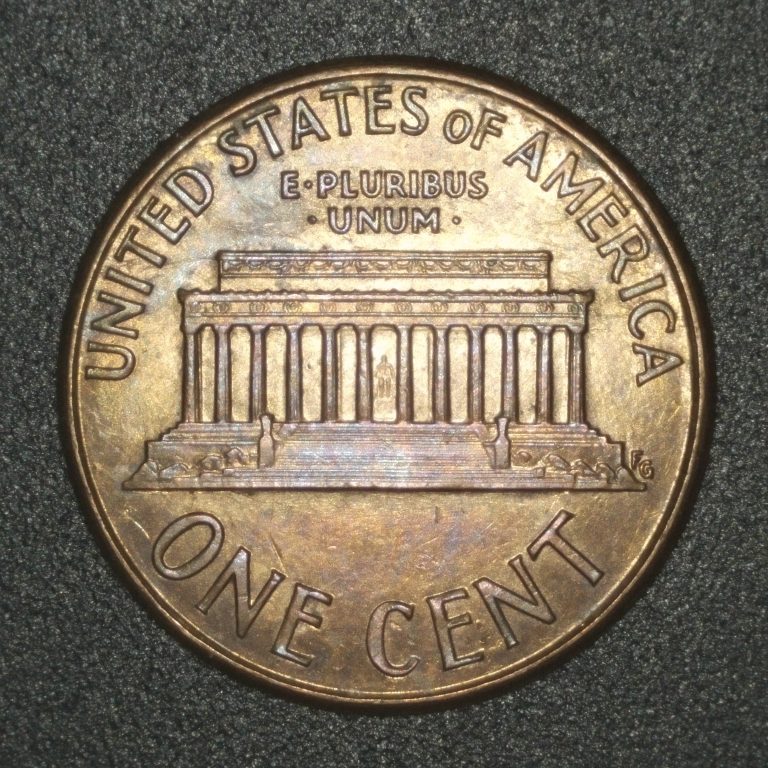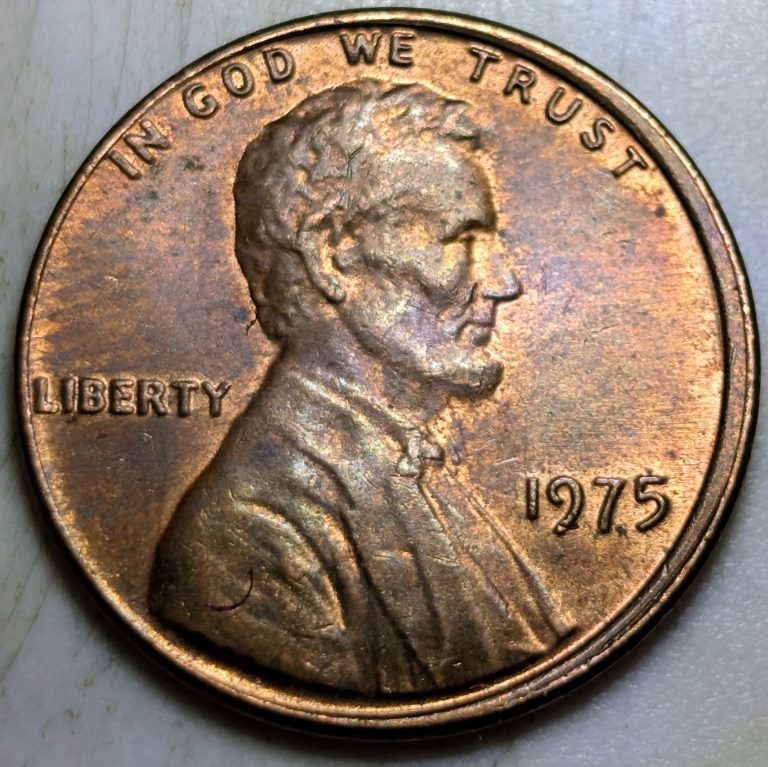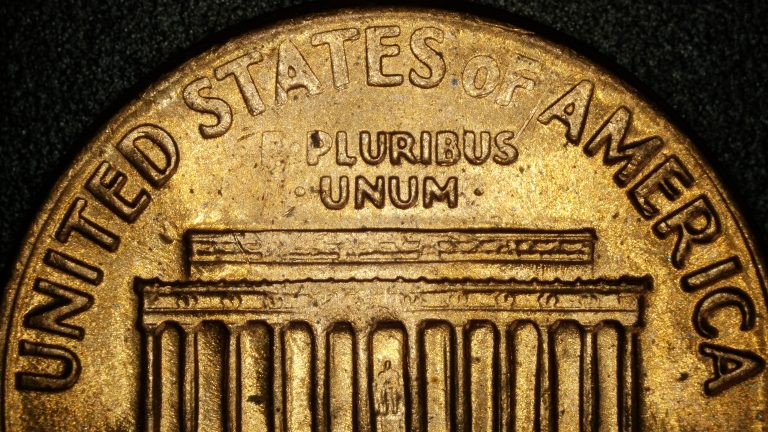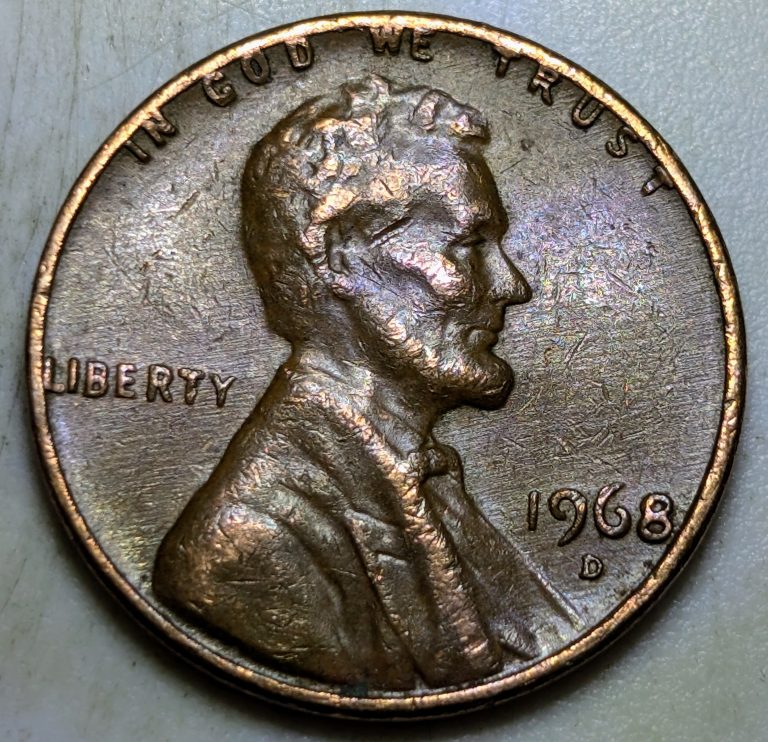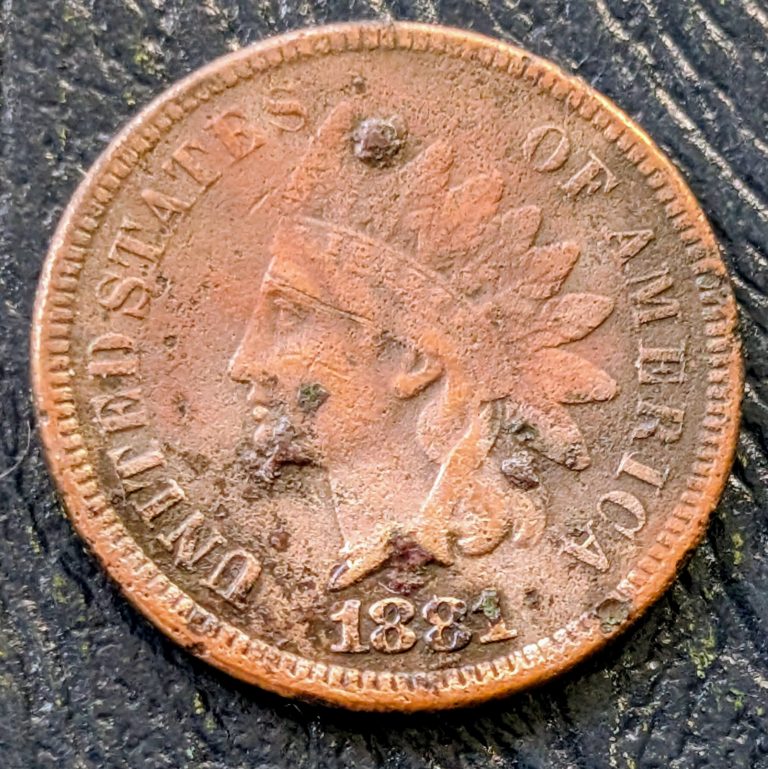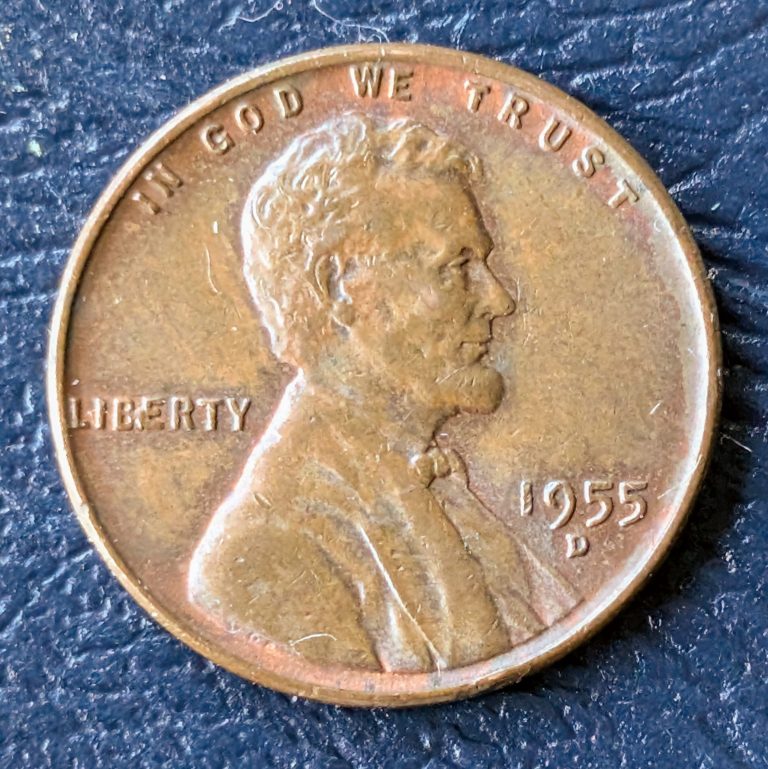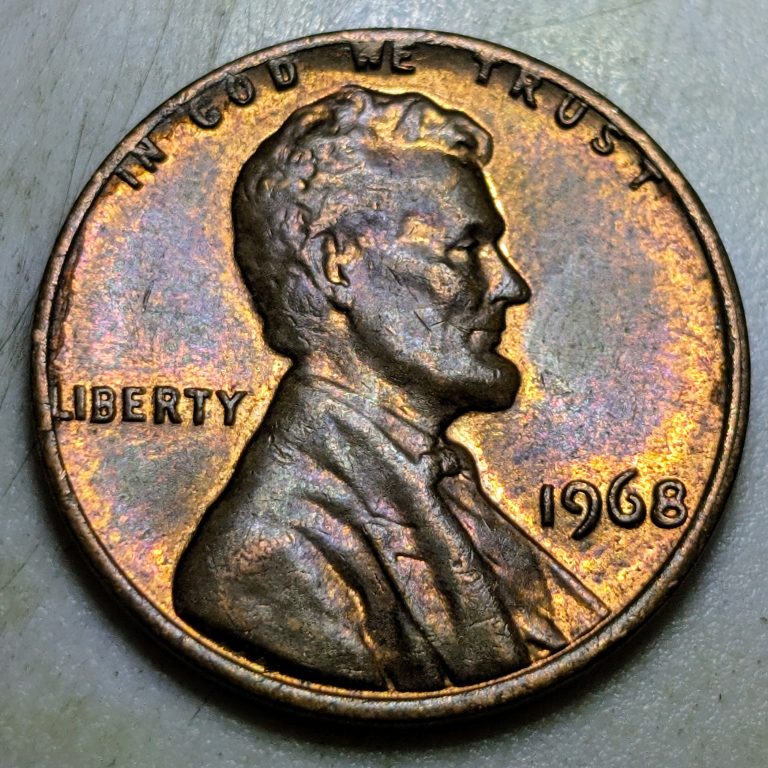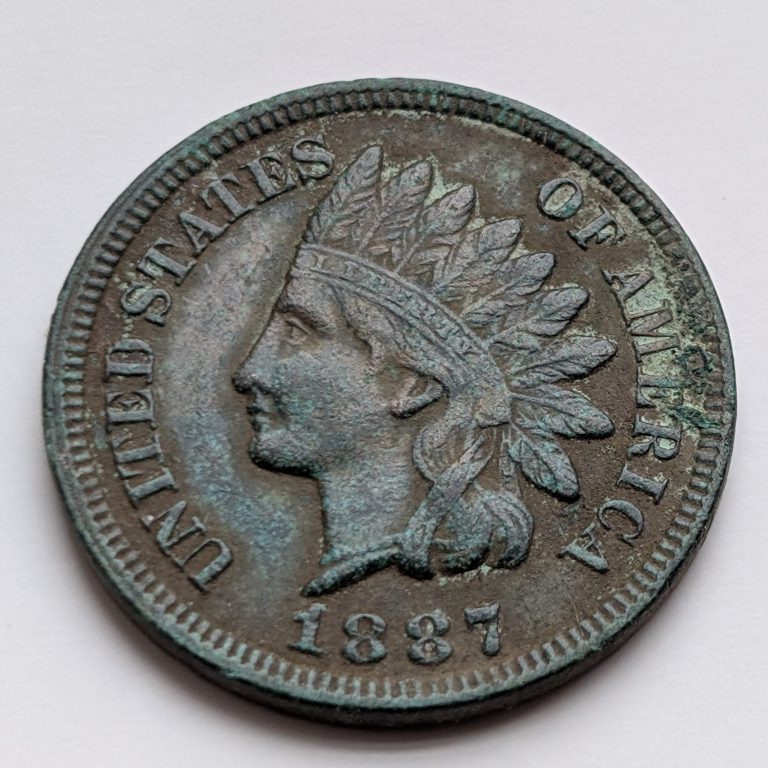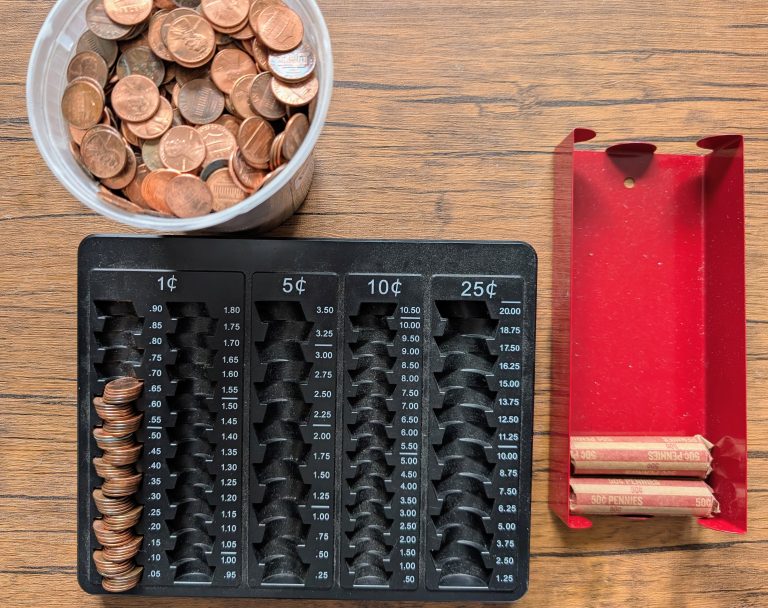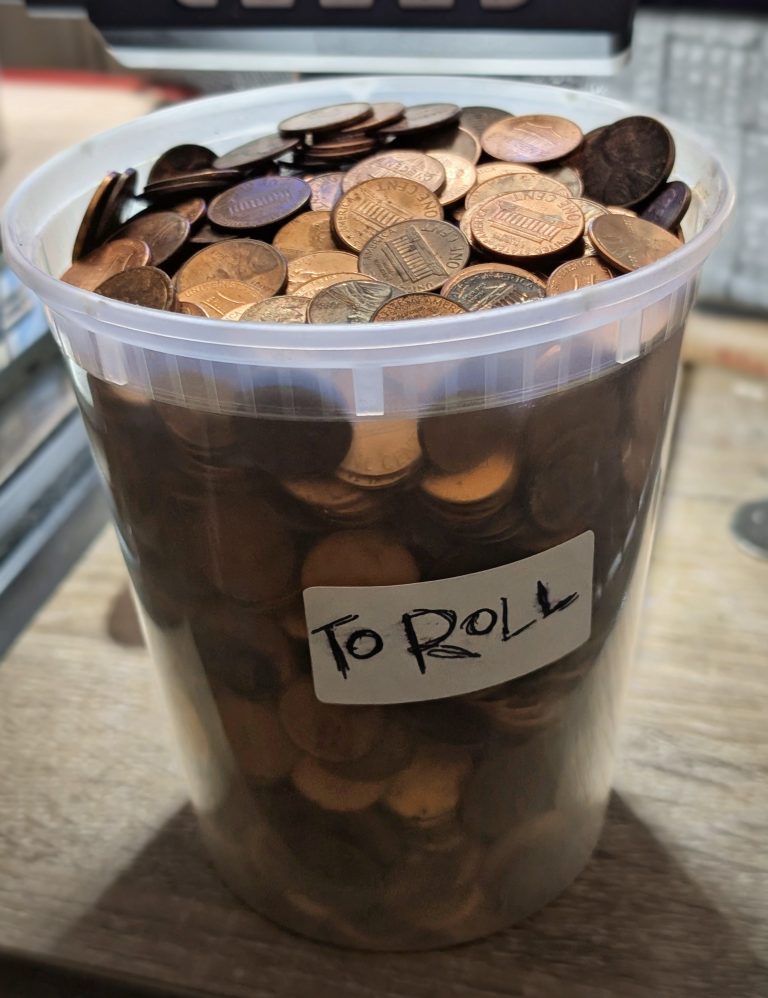Wide AM vs. Close AM: How To Spot the 1998–2000 Lincoln Cent Reverse Variety
The Wide AM and Close AM reverses on late-1990s Lincoln cents are one of the quickest wins in roll hunting. Most people know the 1999 Wide AM is the valuable one, but the real story is bigger. Two different reverse designs were supposed to stay in their own lanes. They didn’t. Old dies slipped back…

